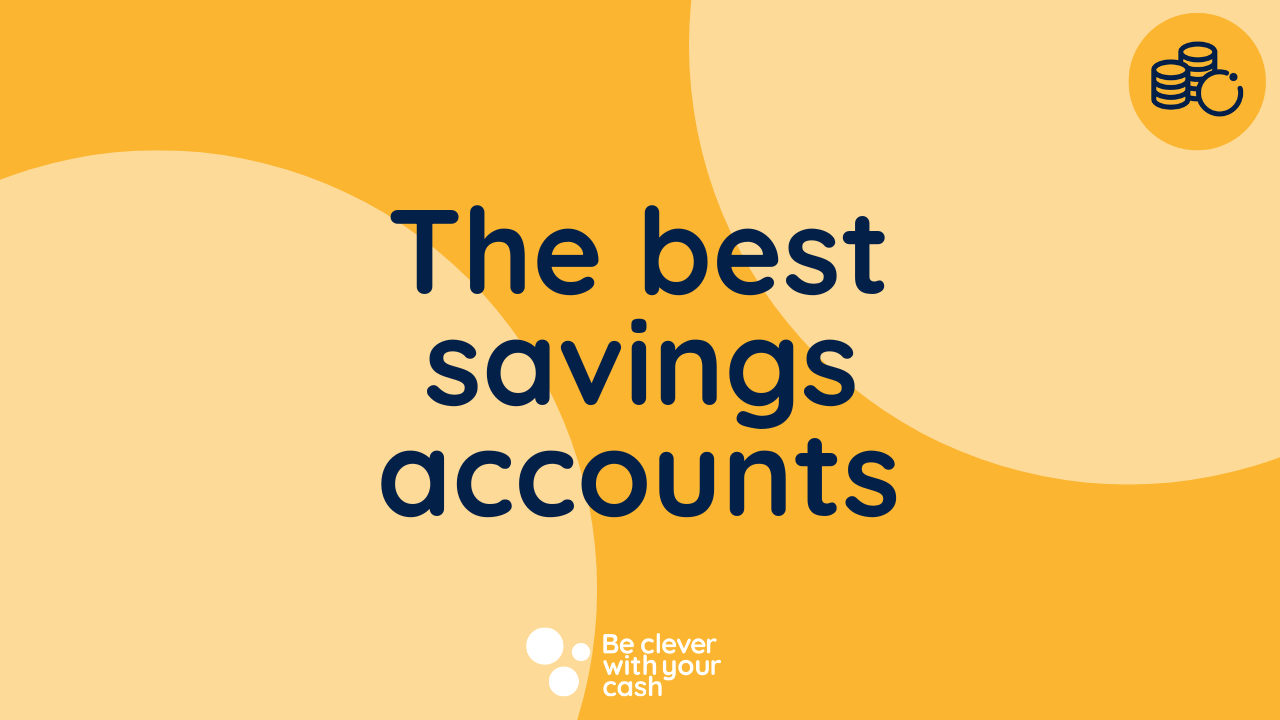The Bank of England made not change to the base rate following the cut in December 2025.
We’ve taken a look at the thinking behind this latest decision, and whether we’re likely to see any more cuts in 2026.
Some articles on the site contain affiliate links, which provide a small commission to help fund our work. However, they won’t affect the price you pay or our editorial independence. Read more here.
What is the current Bank of England base rate?
The interest rate set by the Bank of England (BoE) is known as the base rate.
The current rate was decided on 5 February 2026, remaining at 3.75%. It was another very close decision. Four members of the Monetary Policy Committee (MPC) actually voted to cut by 0.25 percentage points to 3.5%. However, as the majority of five wanted hold the base rate, nothing changed.
It means the base rate is still close to it’s lowest rate in three years. It sat at 3.5% in December 2022, before rising to 4% in February 2023.
source: tradingeconomics.com
Will interest rates fall in 2026?
We had four cuts to the base rate last year, a drop from 4.75% to 3.75%. So will there be more this year?
Well, the Bank of England is sticking with its “gradual and cautious” approach to further cuts, saying it’ll make cuts if disinflation continues.
Inflation last month was higher than expected at 3.4%, but the bank think it could hit their 2% target as soon as April this year.
But that doesn’t mean the base rate will also be cut as fast as it has this year. The minutes from this meeting said both the markets and Bank modelling see a reduction to 3.25% in 2026.
The next meeting in six weeks could be where we see the first of these reductions, with another potentially later in the year.
But anyone hoping for rates to continue falling back to the levels we saw prior to 2022 will be disappointed. That 3.25%, give or take, could well be the new normal for a good while. There’s even a forecast that sees an increase back to the current 3.75% by 2029.
Of course, these predictions are rarely correct!
 Featured switching deal
Featured switching deal
 Customer rating
3.8/5
Customer rating
3.8/5
- Switch bonus£200
- Offer endsUnknown
- Extra bonus£25 Amazon Gift Card
- FSCS Protected? Yes
- Switch bonus requirements Switch using the Current Account Switch Service and close your old account within 60 days of starting the switch
- Deposit requirements Deposit £1,500 in the first 60 days from opening the account
- Direct debits transferred over Set up two Direct Debits before or after the switch from a selected list of household bills
- Existing customers? Can't have held any Santander current account on 1 January 2025
- Restrictions Can't have received a switching bonus from Santander already, offer limited to once per person
- Eligible accounts Open a new or hold an existing Everyday, Edge, Edge Up or Edge Explorer current account
- £25 Amazon Gift Card requirements To qualify for the gift card, you need to complete a full switch using CASS, and make five debit card transactions within 30 days of opening the account
When is the next interest rate decision?
The rate is set every six weeks or so by the Bank of England Monetary Policy Committee, a group of nine people, with the majority vote deciding whether the rate goes up, down or stays the same.
The next meetings this year will be on:
- 19 March 2026
- 30 April 2026
- 18 June 2026
- 30 July 2026
- 17 September 2026
- 5 November 2026
- 17 December 2026

The base rate and inflation
The driver for changing the base rate right now is inflation, which has been higher than wanted most of the time since late 2021.
Increasing interest rates is seen as the key (perhaps only) way to battle inflation, the idea being we’ll save more or have more expensive debts (like mortgages), leading to us spending less. This will force suppliers to lower prices, which in turn will see the inflation rate drop (though in most cases that doesn’t mean prices fall, they just get more expensive at a slower rate).
However, those rate hikes take time to filter down and for the inflation rate to – in theory – come under control. And if you keep increasing rates the danger is it pushes the economy into recession and cause hardship for borrowers, particularly those with mortgages.
Likewise if the Bank decides to cut the rate too early, it might not have done enough, leading to a reverse later on.
How the base rate impacts your money
The BoE rate is a large part of what high street and online banks and lenders use to inform the rates they offer. This means it will impact the cost of borrowing on things like mortgages, loans and credit cards, but also how much you can earn on savings.
Sometimes it’s a direct correlation if you have a product with a tracker rate – something that literally changes up or down in line with the BoE rate. In that case you’ll see an instant change.
On other products you might not see an instant change – if at all. So it pays to shop around to see if you can get a better deal.
Get the best of our money saving content every week, straight to your inbox
Plus, new Quidco customers get a high paying £18 welcome offer

How the decision impacts your savings
Since a peak in autumn 2023, rates have generally been falling as banks price in both actual and predicted cuts (they’re fast to pass these on, but slow to give us the increases).
With this decision there will be no immediate change to easy access accounts. However that doesn’t mean banks won’t make reductions, so keep an eye on your accounts, and compare them to our best buy tables to make sure you’re getting a decent rate.
Fixed rates may move down a little if they think there will be extra cuts next year, though it’s likely these have already been priced in. If you are looking to lock cash away you’ll want to do this ASAP.
The exception could be for ISAs as banks might boost rates to attract your cash at the end of the financial year.
The highest-paying savings accounts – our picks
- 6% AER current account from Santander (limited to £4,000 deposit and has monthly fee)
- 7.1% AER regular saver from Zopa
- 4.4% AER easy access Cash ISA from Trading 212
Read more about these and the other best savings accounts in our best buys guide
How the decision impacts your mortgage
So nochange to the base rate means no change to your mortgage, right? Not quite.
While tracker and standard variable rate (SVR) mortgages rates are directly based on the base rate, on the whole they’re actually influenced by something known as swap rates – effectively where lenders think the rate will be in the future.
In part, that’s why we’ve seen rates drop from major lenders over the last few months. They anticipated a reduction at some point, and reduced rates to reflect this.
Of course, if swap rates now start to price in extra cuts next year as a result of the new inflation predictions, that could mean there are changes to mortgage rates. Equally, if they think there are gong to be fewer cuts then rates could go up – and there have been some increases in recent weeks.
It’s always worth speaking with a mortgage broker who can advise on different strategies – though since no one knows what will happen this still won’t guarantee any savings.
And for anyone who is really struggling to make their repayments, it’s important to talk to your lender to see if anything can be worked out – though bear in mind missing payments can impact your credit report.
If it’s impacting other essential spending, then see whether those companies can support reduced repayments. And if debts have built up, speak to a debt charity.

Compare mortgage rates and deals
Looking for a mortgage? Find the top rates from over 200,000 deals and 100+ lenders with our live tables.
How the base rate has changed
| Date of announcement | Rate | Change |
| February 2026 | 3.75% | No change |
| December 2025 | 3.75% | -0.25 percentage points |
| November 2025 | 4% | No change |
| September 2025 | 4% | No change |
| August 2025 | 4% | -0.25 percentage points |
| June 2025 | 4.25% | No change |
| May 2025 | 4.25% | -0.25 percentage points |
| March 2025 | 4.5% | No change |
| February 2025 | 4.5% | -0.25 percentage points |
| December 2024 | 4.75% | No change |
| November 2024 | 4.75% | -0.25 percentage points |
| September 2024 | 5% | No change |
| August 2024 | 5% | -0.25 percentage points |
| September 2023 to June 2024 | 5.25% | No change |
| August 2023 | 5.25% | +0.25 percentage points |
| June 2023 | 5% | +0.5 percentage points |
| May 2023 | 4.5% | +0.25 percentage points |
| March 2023 | 4.25% | +0.25 percentage points |
| February 2023 | 4% | +0.5 percentage points |
| December 2022 | 3.5% | +0.5 percentage points |
| November 2022 | 3% | +0.75 percentage points |
| September 2022 | 2.25% | +0.5 percentage points |
| August 2022 | 1.75% | +0.5 percentage points |
| June 2022 | 1.25% | +0.25 percentage points |
| May 2022 | 1% | +0.25 percentage points |
| March 2022 | 0.75% | +0.25 percentage points |
| February 2022 | 0.5% | +0.25 percentage points |
| December 2021 | 0.25% | +0.15 percentage points |
| March 2020 | 0.1% | -0.15 percentage points |
Important
*Your home may be repossessed if you do not keep up repayments on your mortgage. Be Clever With Your Cash may receive a payment from Tembo Money if you complete a mortgage through the link provided. This will not affect the amount you pay for the service.
This broker fee discount of up to £499 is applicable for standard mortgages and remortgages only, more complex cases including guarantor, buy-to-let, adverse credit, and equity transfer may be liable for a fee. The fee you are required to pay will be clearly outlined by your adviser prior to an application being submitted on your behalf. The offer does not cover any other potential fees that may arise during the mortgage process.
Tembo Money Limited (12631312) is a company registered in England and Wales with its registered office at 18 Crucifix Lane, London, SE1 3JW. Tembo is authorised and regulated by the Financial Conduct Authority under the registration number 952652. Tembo Money was awarded Best Mortgage Broker at the British bank awards in 2022, 2023, 2024 and 2025. Rates are not guaranteed and may change by the time you come to apply. Eligibility criteria may vary by lender.
Our calculator is only an estimate of how much you are able to borrow and does not constitute mortgage advice







If you have money given to you and its put you over the maximum threse hold
Both my house/contents insurance and dental plan have increased above the rate of inflation. With proposed increases in council tax, it may still be a few months before interest rates reduce.
Shawbrook bank have just notified me that the current variable rate on its instant access account of 4.99% will be reduced to 4.89% in March so it seems they are anticipating a base rate reduction then. Time to fix perhaps?
If you have a child, consider some of the children easy access savings accounts for a higher savings rate. These include Kent Reliance (3.01% up to £25k), Bath Building Society (2.5% up to £5k), Penrith (2.45% up to £10k), Leeds Building Society (2.25% up to £1m). I’ve placed cash in all of those, beats having it all stuck in Chase or Virgin Money!